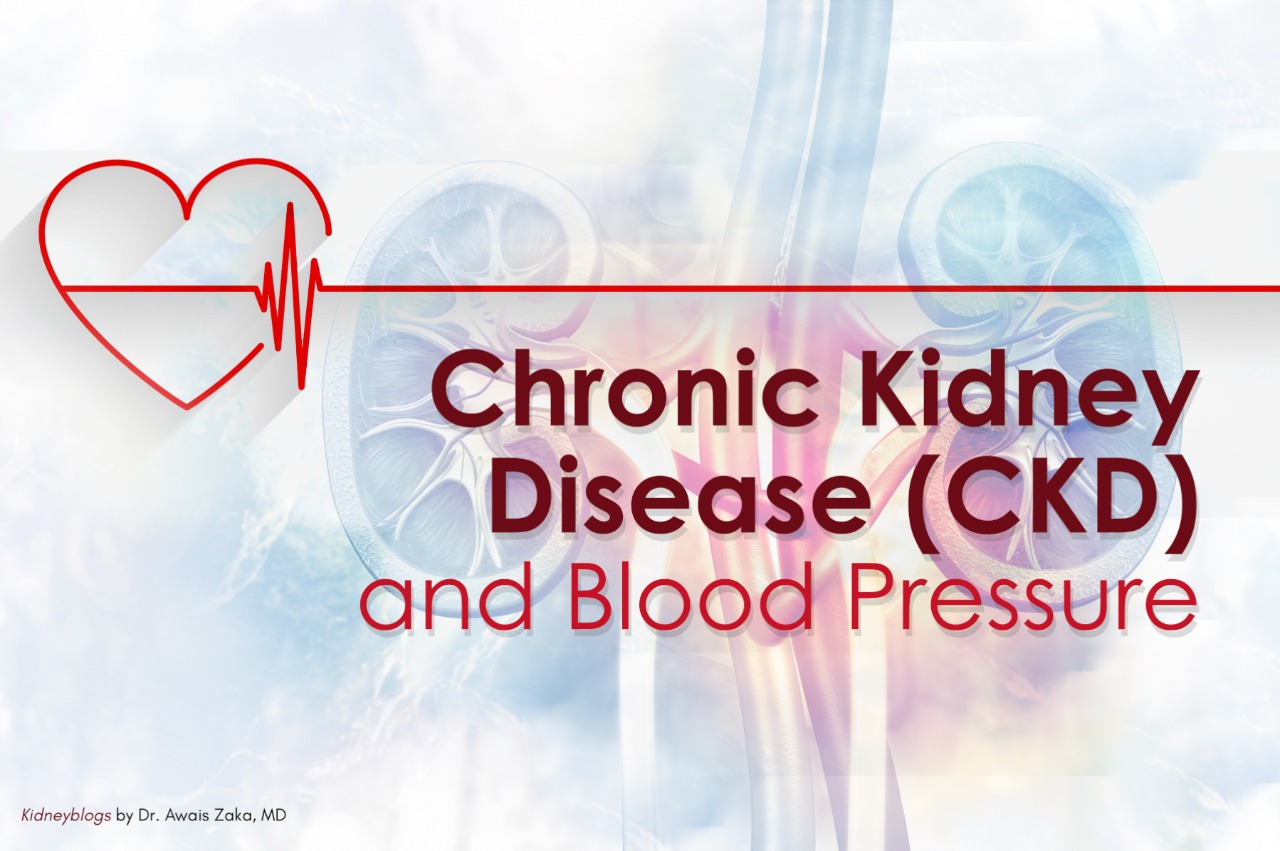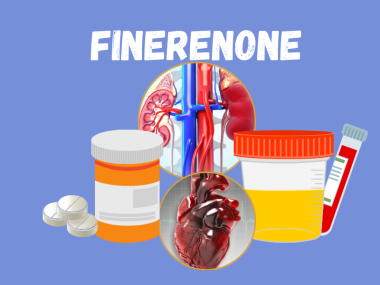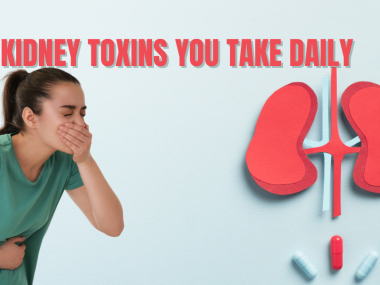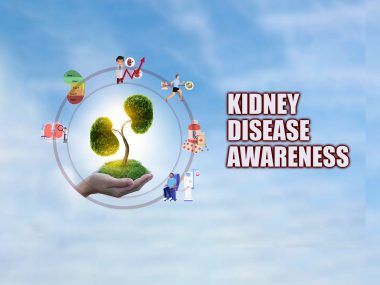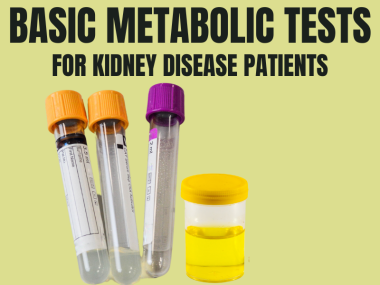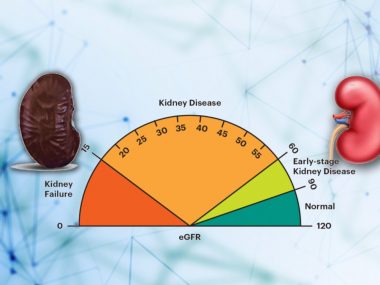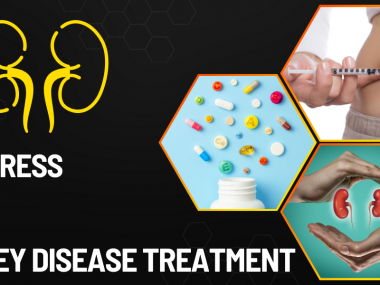High blood pressure is a common phenomenon in chronic kidney disease. It is so common that eight out of ten patients with kidney disease have elevated blood pressure. If you have kidney disease, your blood pressure is likely to be elevated as well. Managing blood pressure in kidney patients often becomes challenging. Yet, learning a few basic things can empower you to address this issue with ease and confidence.
1. Learn to Measure Your Blood Pressure
The best investment for any CKD patient is a digital blood pressure machine. Using this machine, you can learn about your blood pressure in various settings outside your doctor’s office. Many patients’ blood pressure reads higher when in a doctor’s office than when they are at home or at work. This phenomenon has a unique name—White coat hypertension—and, if not diagnosed timely, it can lead to overmedication, resulting in episodes of critically low blood pressure, stroke, and even heart attack. To avoid these mishaps, utilize your blood pressure machine and try to get some readings at home, at work, and before blood pressure medication. These numbers can help your kidney team optimize your blood pressure regimen.
The environment is not the only factor affecting your blood pressure readings; accurate measurements also require proper technique.
2. Get Accurate Blood Pressure Measurements
The environment is not the only factor affecting your blood pressure; accurate measurements also require proper technique. For example, you or your provider may get falsely elevated readings if the blood pressure is measured soon after activity, food, or a stressful situation. For accurate readings, use the following tips. First, avoid food or drinks for at least an hour before the evaluation. Next, sit down for at least five minutes before the blood pressure measurement and try to relax. Then, keep your monitored arm at the level of the heart, which is best done by placing your arm on the chair’s arm or a table. Lastly, ensure that the blood pressure cuff size is appropriate for your arm: it should wrap around your arm one and a quarter to one and a half times. A cuff that is too small can give falsely high readings.
3. Blood Pressure Goal
The next important step in mastering your blood pressure is knowing your goal. Historically, scientists thoughts that the lower the blood pressure in the CKD patient, the better the outcomes. But new research tells us otherwise. Too low blood pressure can be harmful, notably if it drops below 100mmHg. For most patients with CKD and minimal protein in the urine (1+), the target blood pressure is below 130/80 mmHg. For patients with a high amount of proteins in the urine (2+), it is best to keep the blood pressure around 110 – 120/ 70 – 80. To avoid critically low episodes in such patients, checking blood pressure before medication is essential. Many physicians teach their patients to hold a dose if blood pressure reads 110 mmHg or below and avoid taking the pill until the pressure bounds back to at least 120 mmHg.
To achieve your blood pressure goal, medicine alone is not enough. You ought to adopt other lifestyle modifications.
4. Take Your Medications Regularly
Medications are the mainstay for blood pressure management in CKD patients. Among blood pressure medicines, two classes—ACE and ARBS—show better outcomes in CKD patients than other drugs, for they not only improve blood pressure but also have kidney-protecting properties. These drugs, along with a water pill(diuretics), are a common combination for all CKD patients with high blood pressure.
5. Lower Your Salt Intake
A high salt intake can increase your blood pressure. Weak kidneys face difficulty getting rid of salt from the body, leading to salt retention, which, in turn, results in fluid retention. The outcome is poorly controlled blood pressure. The trapped water can also be seen as swollen ankles in a CKD patient, suggestive of an unhealthy salt intake. Your total sodium intake should be less than 2300mg a day. Next time when you are about to sprinkle your plate with salt, think that you have two weak kidneys to support.
6. Exercise Daily
Exercise helps blood pressure in multiple ways. First, it keeps the blood vessels flexible by working them out and preventing atherosclerosis. (Atherosclerosis hardens the blood vessel walls, resulting in high blood pressure.) Also, exercise helps you lose weight, which positively affects the body’s metabolism, decreasing stress hormones in the blood. Overall, moderate physical activity helps your body relax.
7. Manage Your Weight
Obesity significantly increases the risk of atherosclerosis, diabetes, and high blood pressure. In addition, research finds that extra fat in the body, particularly the fat around our waistline, releases toxins that directly hurt the kidneys. Shed those extra pounds by regular exercise and following Smart Diet for CKD.
8. Cut The Cholesterol
Our cholesterol levels are the most significant risk factor for atherosclerosis. You might already be familiar with two types of cholesterol: “Bad” cholesterol—LDL; and “Good” cholesterol—HDL. Lowering the LDL cholesterol mitigates the risk of atherosclerosis and plaque formation, changes that improve blood pressure and prevent heart attacks and stroke. For all CKD patients, the LDL goal should be less than 100. This goal becomes even stricter in CKD patients with diabetes and heart disease, where desired number is less than 70.
9. Sleep Well
Poor quality sleep increases your stress level, and it can make your blood pressure difficult to control. Therefore, according to the latest recommendations, you should try to get at least seven to nine hours of sleep every night. However, even after eight hours of sleep, some people feel tired. Such patients should consult their doctor to evaluate sleep apnea, a condition in which sleep gets disrupted by breathing pauses and loud snoring. Weight loss often helps decrease the severity of sleep apnea.
10. Engage In Relaxing Activities
Fill your day with activities that help you relax. These activities reduce stress in your life. And remember, symptoms of stress and anxiety are not limited to just feeling tense. It is a whole metabolic package, and neck and back tightening is only the most prominent sign. At a deeper level, the stress hormones enhance atherosclerosis, harden the arteries, and, thus, make your blood pressure difficult to control. Exercise is a great stress reliever. Good sleep is another. Meditation, social contacts, and hobbies—all reduce your stress level.

